Since 1911, International Women’s Day has been a global marker, that draws focus to the goal of a gender-equal world free of discrimination, bias, and stereotypes.
Women are shaping the future of FM as an industry and are key to identifying the needs of women as end-users. We sat down with Mags Knowles, Site Supervisor stationed at Farnborough International, to get to know her better and explore her career journey within Stadium Support Services.
How long have you worked in Facilities Management?
Stadium Support Services has been my first role in Facilities Management. I started out with some apprehension, not fully knowing what to expect but my experience has been fantastic. I always say if you love what you do, you don’t work a day in your life, and this is certainly true throughout my experience in this business. I have been here for three years and am proud to have worked my way up to Site Supervisor in this time.
How did you start out in your career?
I began working for Stadium Support Services just as Covid-19 hit the UK. I had been in touch with a friend who was running events within Farnborough International. My background is administrative, and I spent many years working in Frimley Hospital. I was put forward for an interview and offered a temporary position within the events management team.
I’ve always had a good work ethic and always go into everything I do with 150% effort. On my first day, we were covering an event for the electric car brand, Polestar. I was quickly noticed by the client as a high performer and was personally requested back for multiple events. We were going through safety measures for covid and so important that the rigid cleaning processes were thoroughly executed, it was critical that touchpoints were sanitised regularly (doorplates, handles, doors etc) to keep the spread of the virus to a minimum, and I always ensured that the team was hyper-vigilant.
Operations Director, Scott Hudson knew I was looking for full-time work, and with the feedback received he offered me the full-time contract knowing that I was reliable and hardworking. I was thrilled to be able to grow and progress within this new role, I’m so lucky to work with such a fantastic and supportive team.
Who has been you your greatest inspiration throughout your career?
My mum. She has an incredible work ethic, she is a hard worker, and has always championed the merits of giving 150% to everything you do. It has been drummed into me which I have now subsequently drummed into my own children.
What is the most important piece of advice you have been given?
The best advice I was ever given is, to leave your private life at the door on your way to work. Pick it up on your way out and deal with it then. I always really try to focus on the job at hand when at work and deal with personal issues outside of this time.
I would also always say never to assume anything – I did it once and I learned my lesson. Get all of the facts before making an informed decision.
What is the most important message you want to send out to young women thinking about their careers?
You need to be serious about what you want to do. Don’t go into anything half-heartedly. Always be reliable, responsible for your actions, and accountable.
Your personal life needs to be separated from your work life. Always be yourself, be honest, and be hardworking. Hard work always pays off.
How do you influence your colleagues around you and the wider business?
I encourage and support my colleagues to build confidence and install positivity. I always ask for their opinion on how they think they would tackle or run a project first – I like to involve people and ask their opinion. Collaboration is always key.
It’s so important to influence team members to coax them out of their comfort zone and empower them to think independently. Leading a team is a joint effort, and how you talk to people is so vital. It’s critical to always remain calm and never talk down to anyone. A little respect goes a long way, otherwise, you will never get the best from your teams.
How would you encourge more women to work towards roles in FM?
I could talk about how much I love my job all day and would hand on heart encourage anyone, women, and men to get involved in FM. It has been perceived as a male-heavy industry, but I’m seeing this start to shift, with gender inclusion becoming more and more commonplace. I count myself extremely fortunate to have found something I love to do, and I enjoy managing every single event. Every day is so different, and you get to meet so many different people from so many different businesses and brands. I get so much job satisfaction when I see the processes that we have created, come together to form seamless project execution. I know that the plans we form will always lead to a fantastic outcome and the team are experts at what they do, they can activate with their eyes closed. It’s also wonderful when you receive fantastic feedback from the client praising the team on a job well done. The job also keeps you super fit, which is another bonus.
Why do you think diversity and equality in the workplace is so important?
Gender equality in the workplace is so important. It means that all employees are treated fairly and with respect, regardless of their gender. This promotes a positive and inclusive workplace culture where everyone feels valued and supported. Gender equality promotes diversity and inclusion in the workplace, which can lead to greater creativity, innovation, and problem-solving abilities. When employees come from different backgrounds and perspectives, they bring different ideas and experiences to the table. Companies have a social responsibility to ensure that all employees are treated with dignity and respect, regardless of their gender or any other characteristic.
If you could meet with an inspirational woman, dead or alive, who would it be and why?
I would have loved to talk to Princess Diana when she was alive. She was dedicated to humanitarian causes and her charitable work and advocacy were inspiring, she helped to change attitudes and policies across the world. She was known for her kindness and empathy towards others, particularly those who were marginalised or vulnerable. Her compassion and willingness to connect with people from all walks of life made her relatable and loved by many. She was passionate about showing her boys the real world outside of the royal family and ensured that they understood this.
What are you most proud of in your career?
I am so proud to have started a new career and worked to progress so quickly within the business. It is a testament to the fact thatI am confident and capable. I have come a long way and it just goes to show that regardless of where you are in life, with hard work and determination you can always excel in something new.
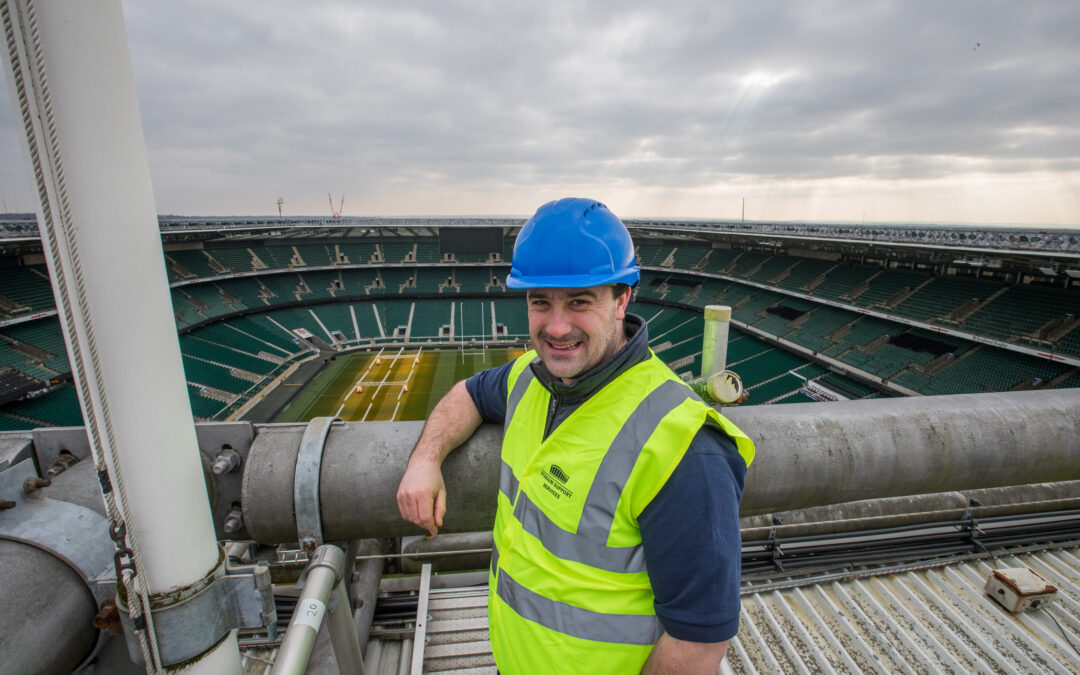

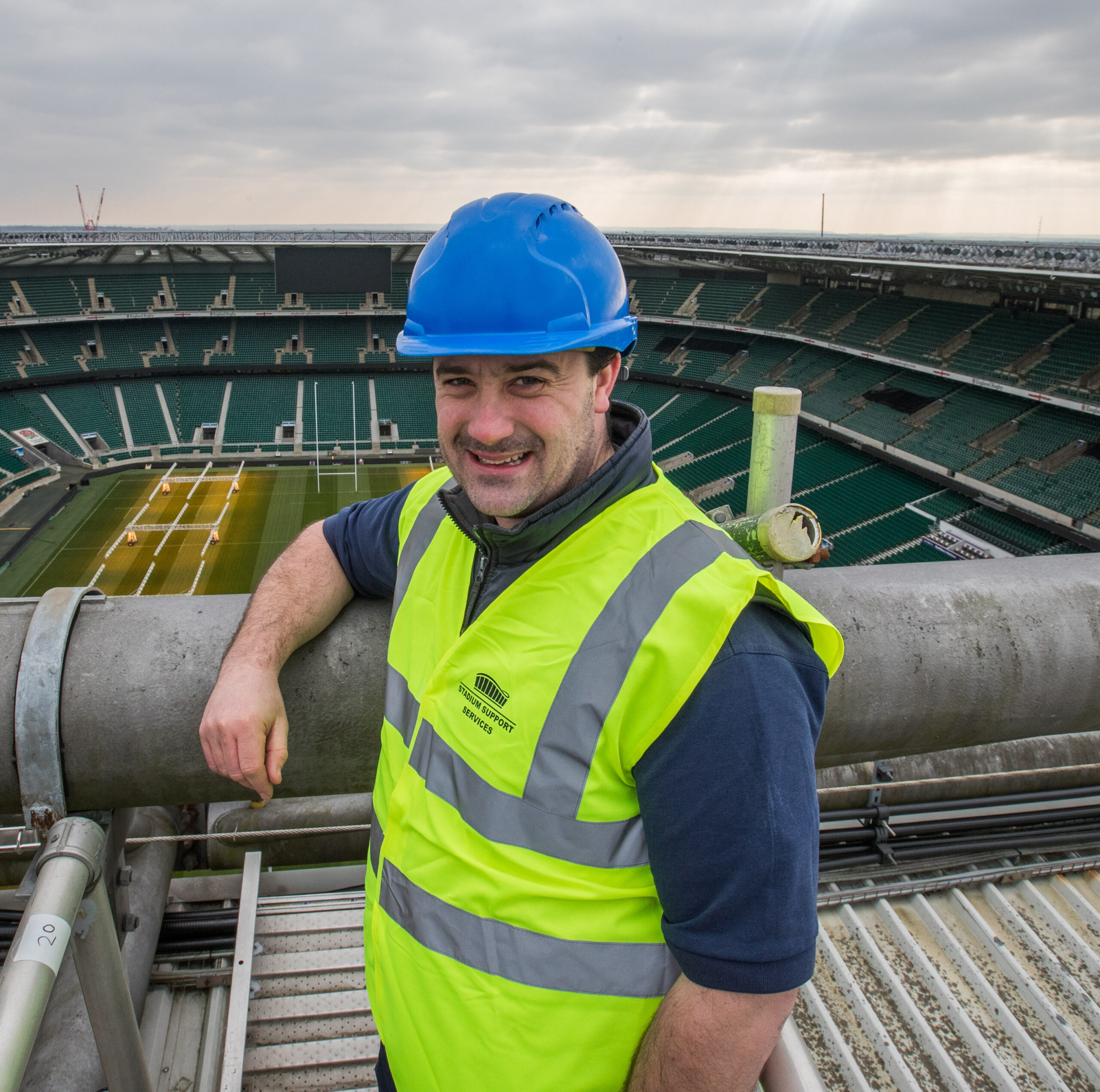
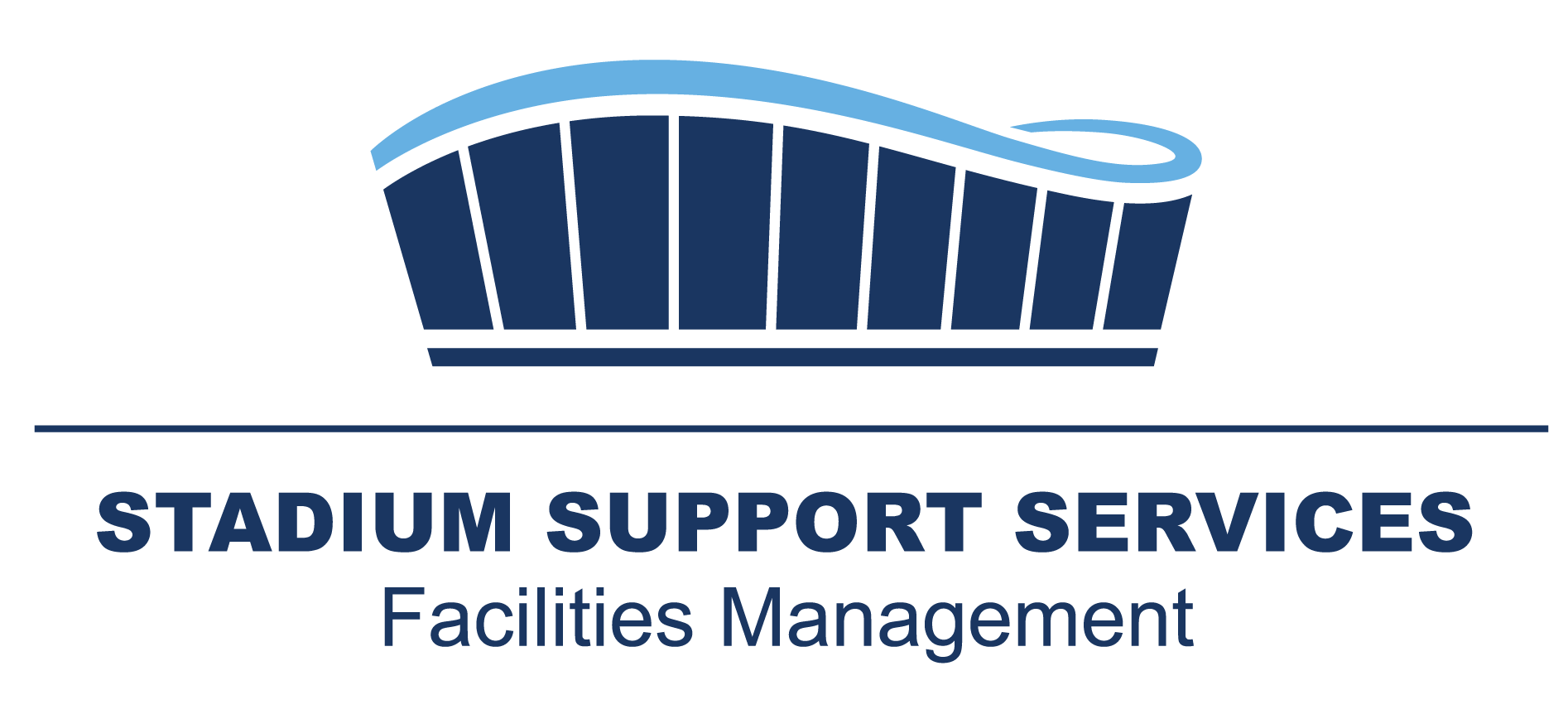
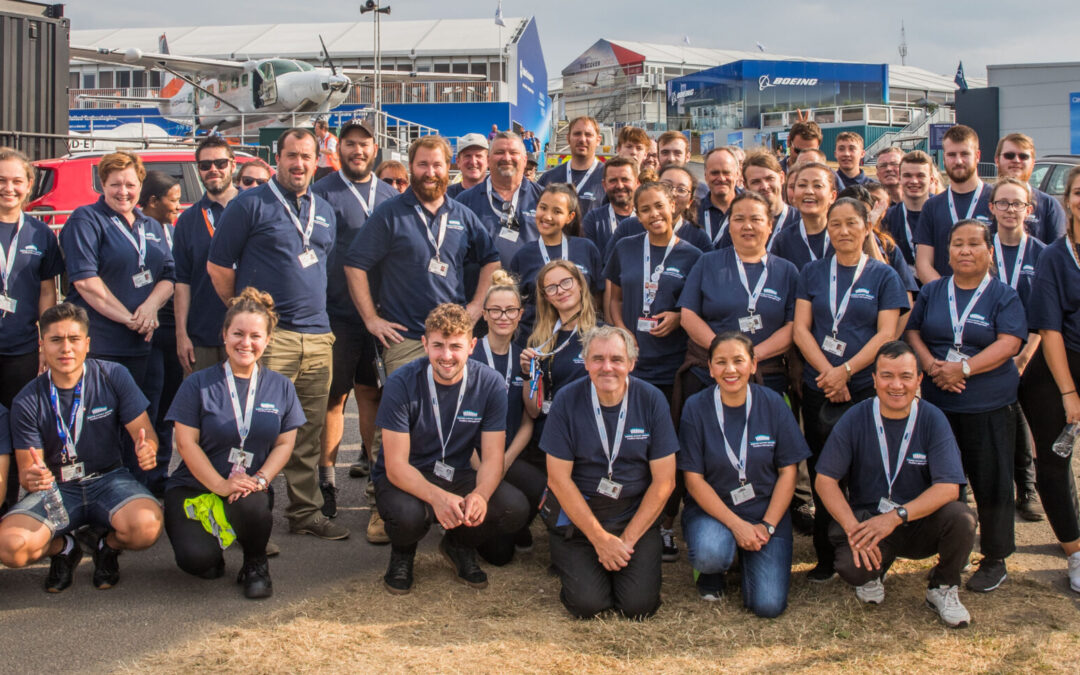


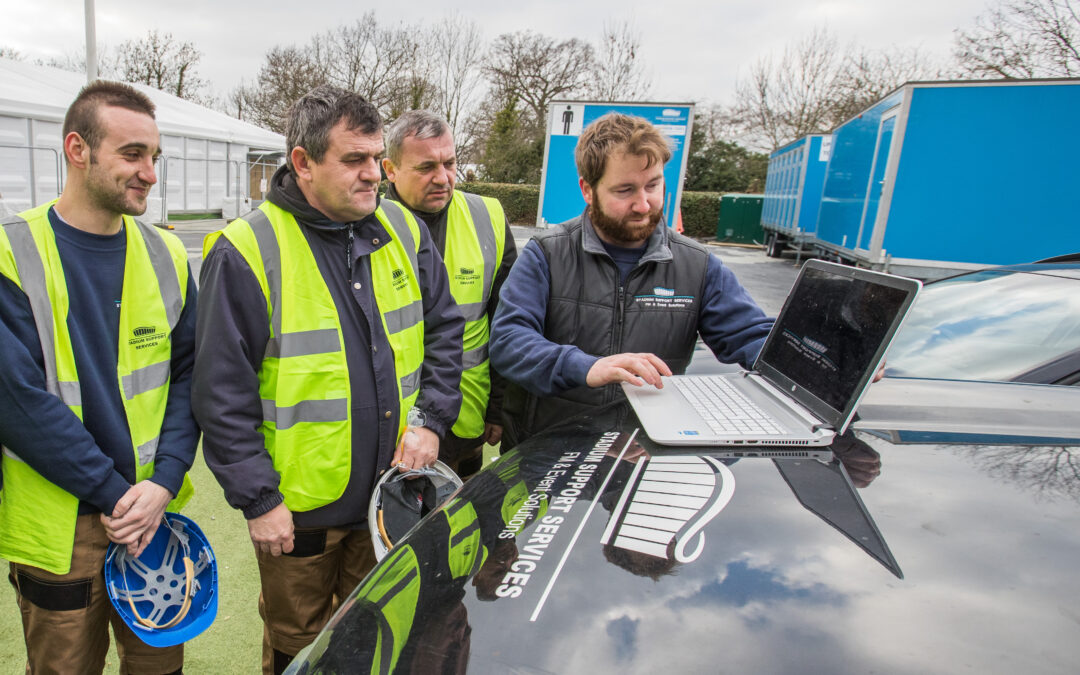

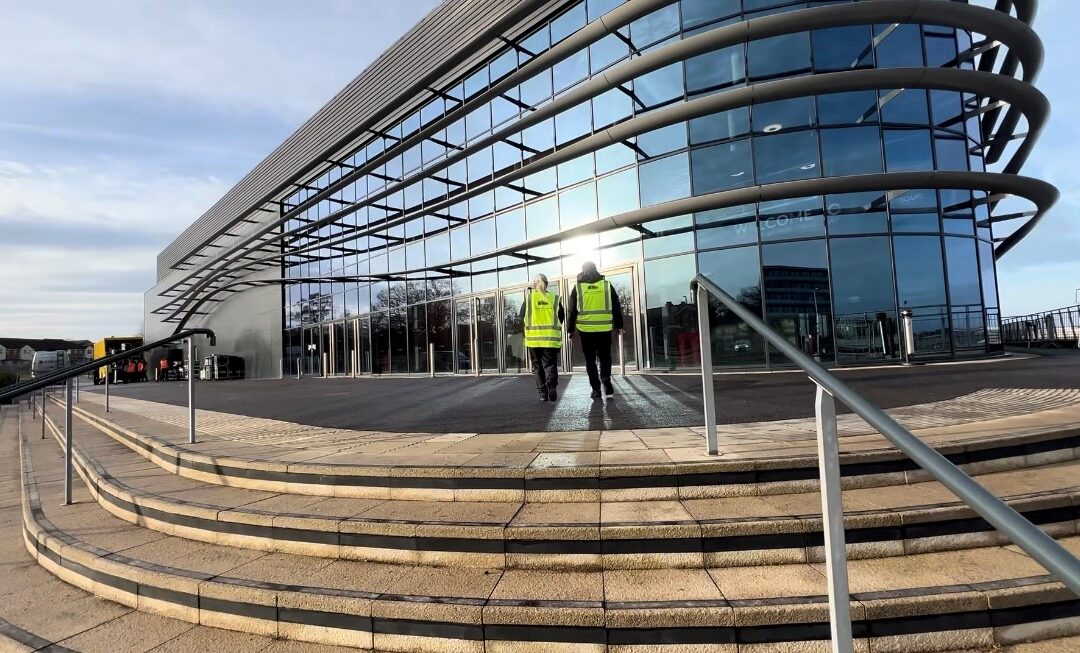

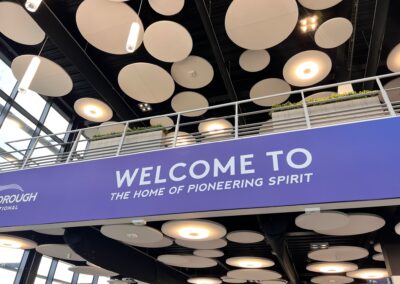
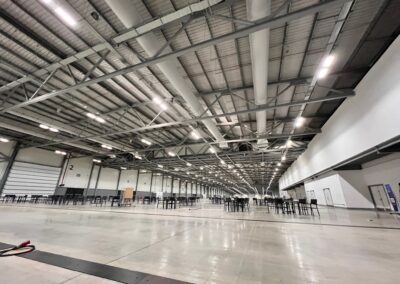
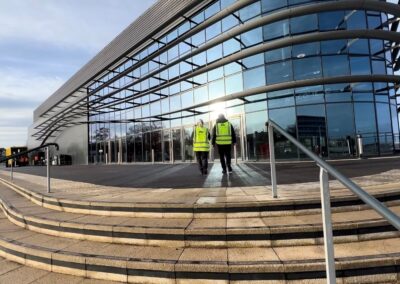



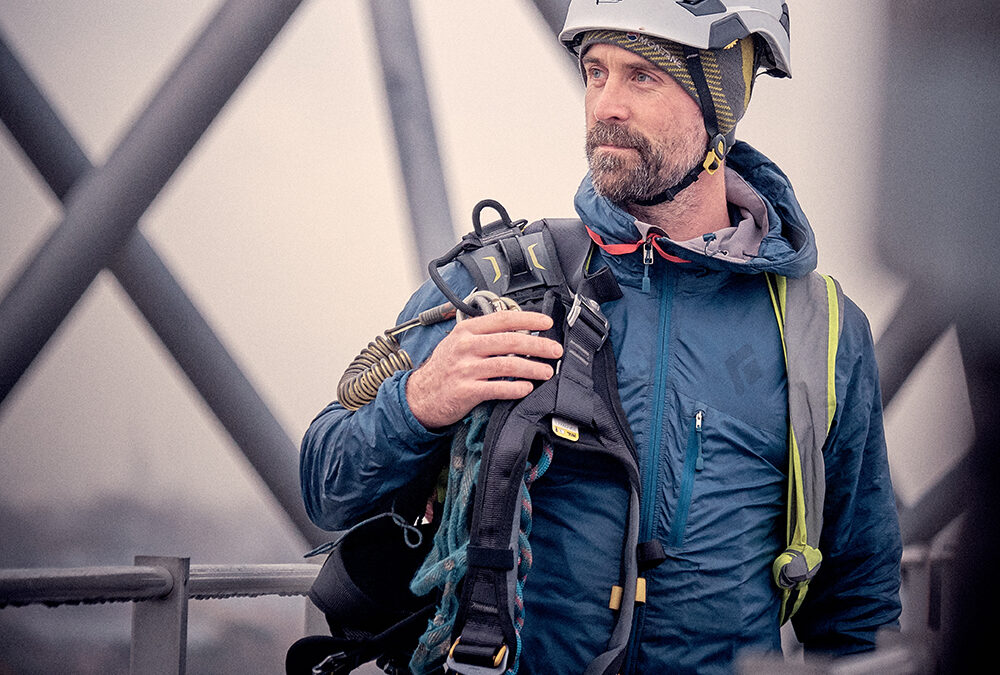

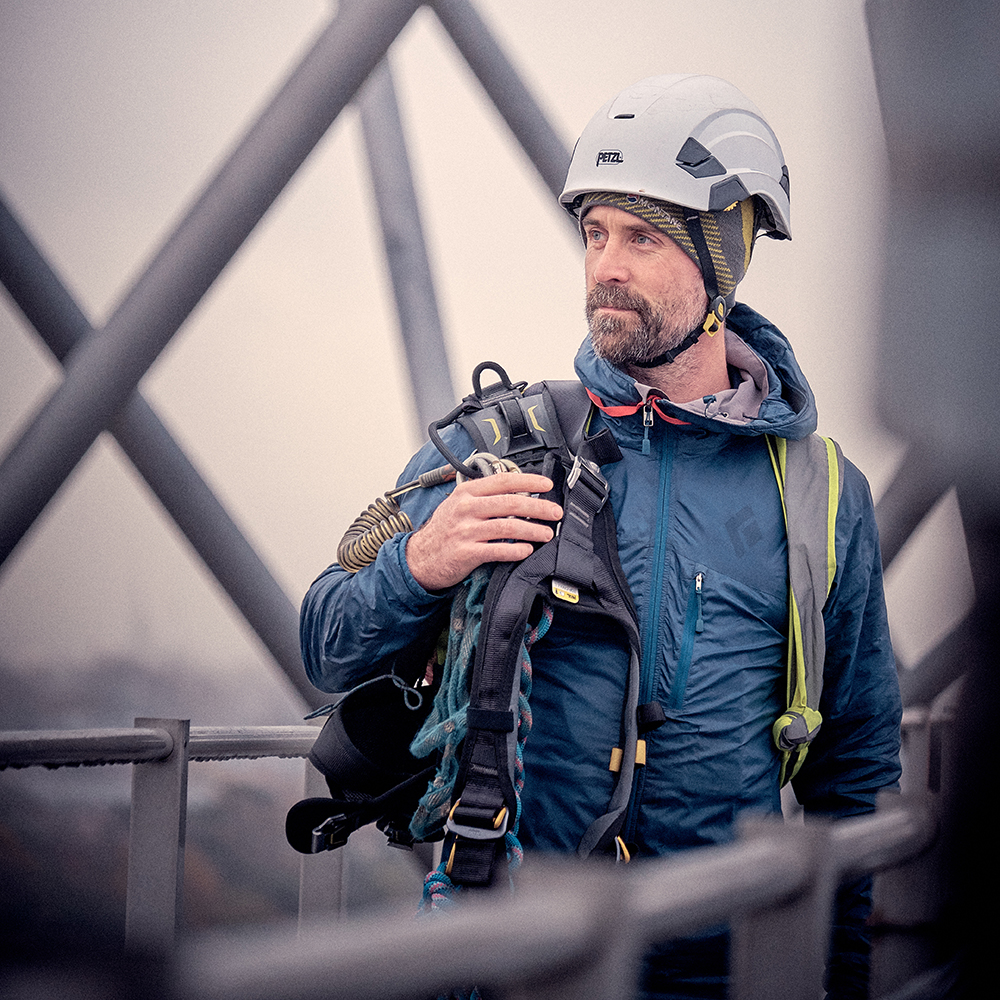
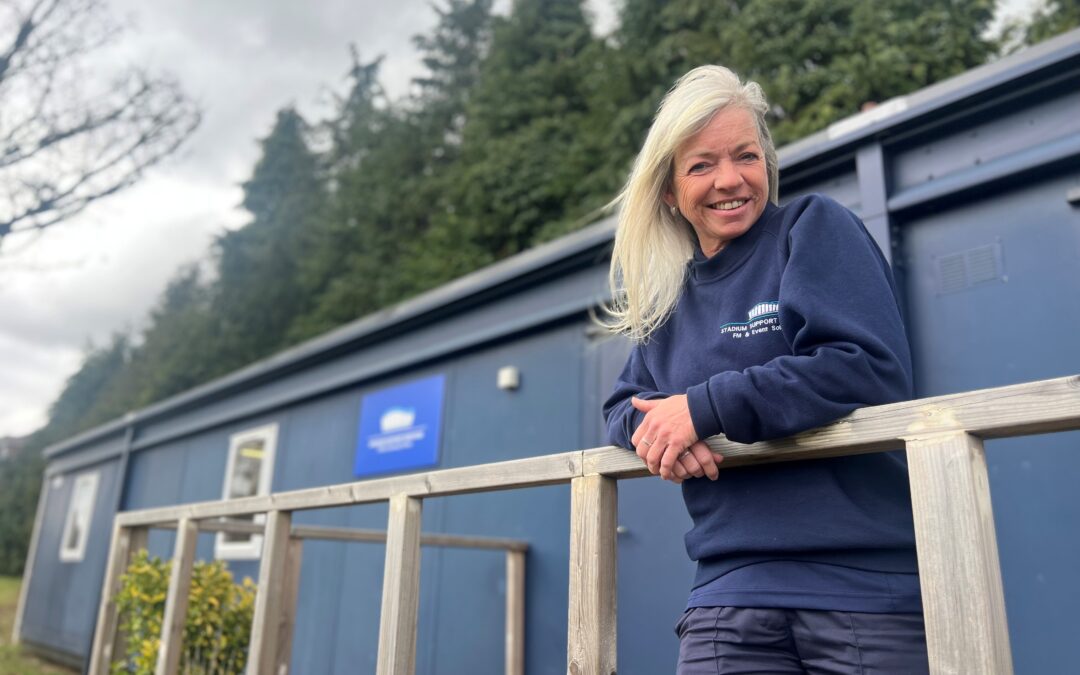
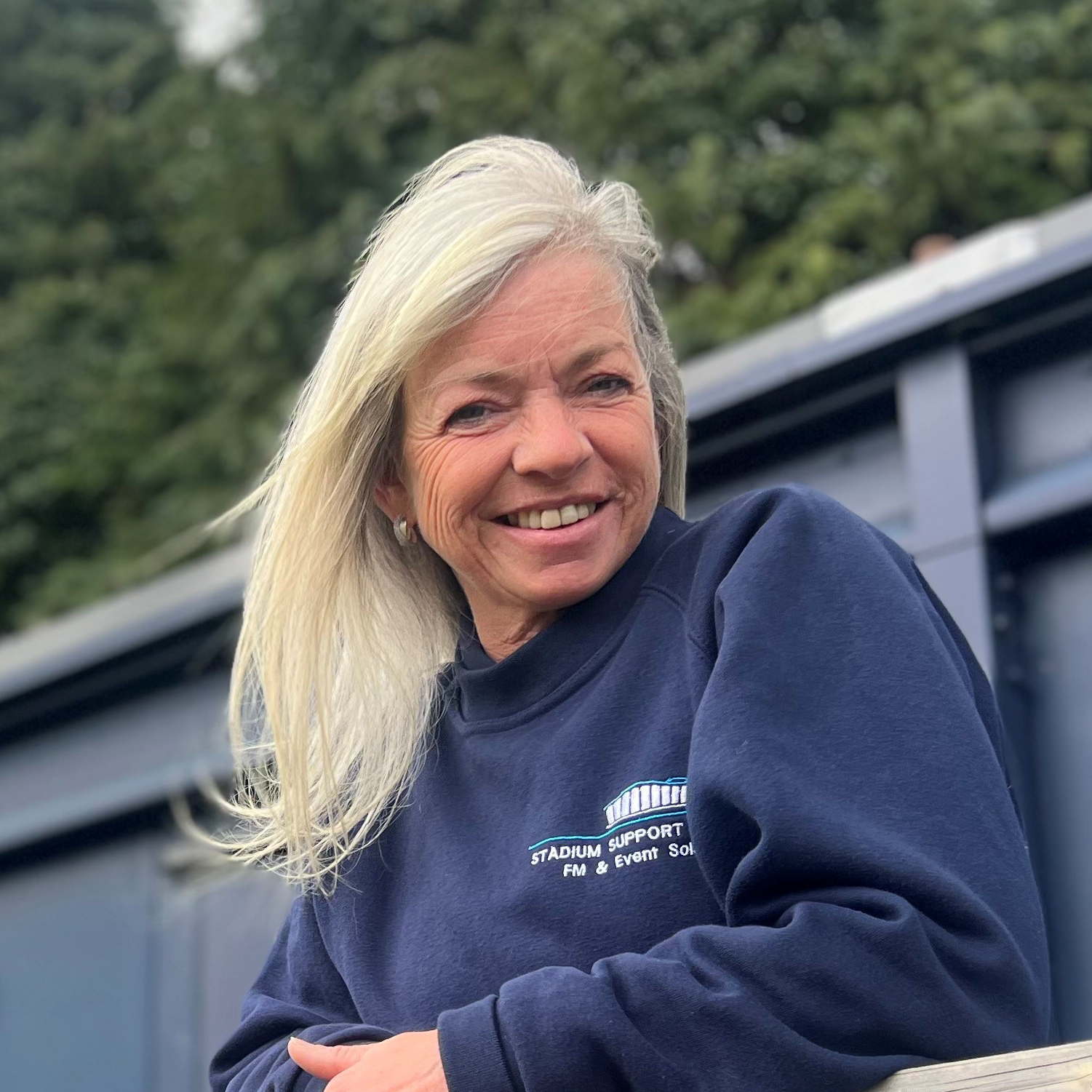
Recent Comments